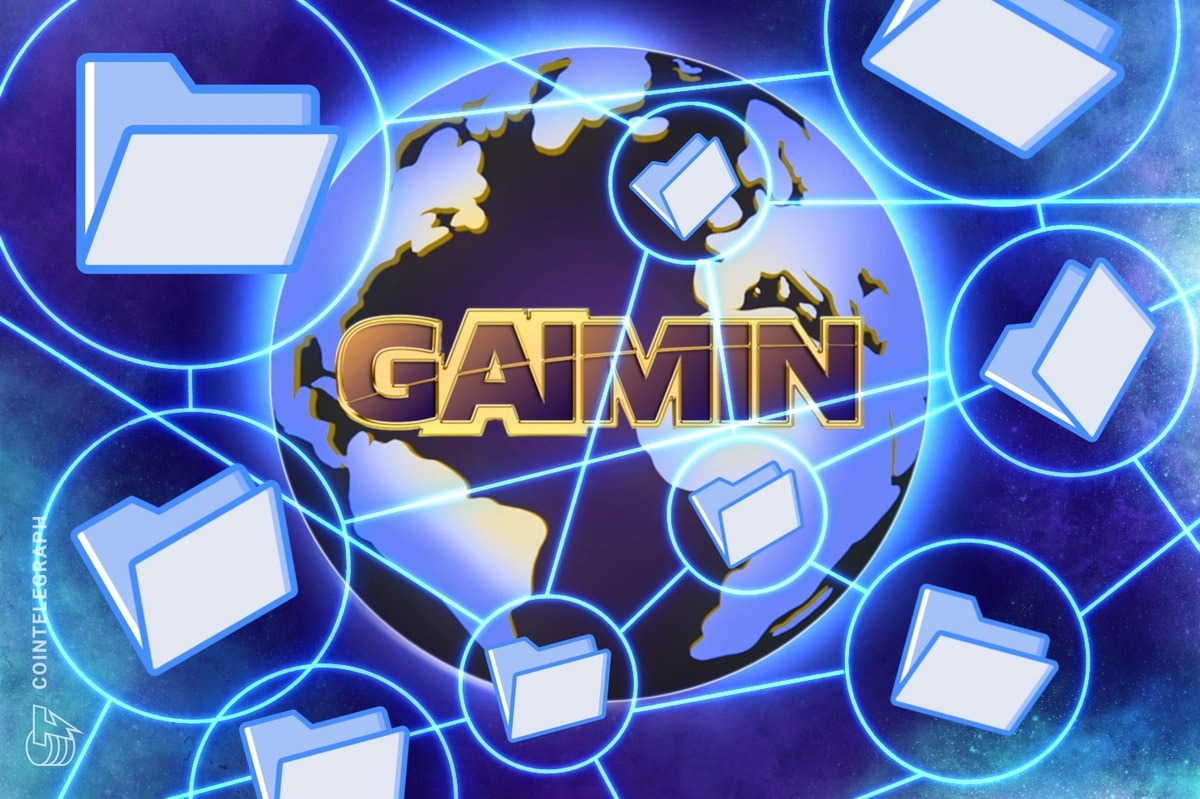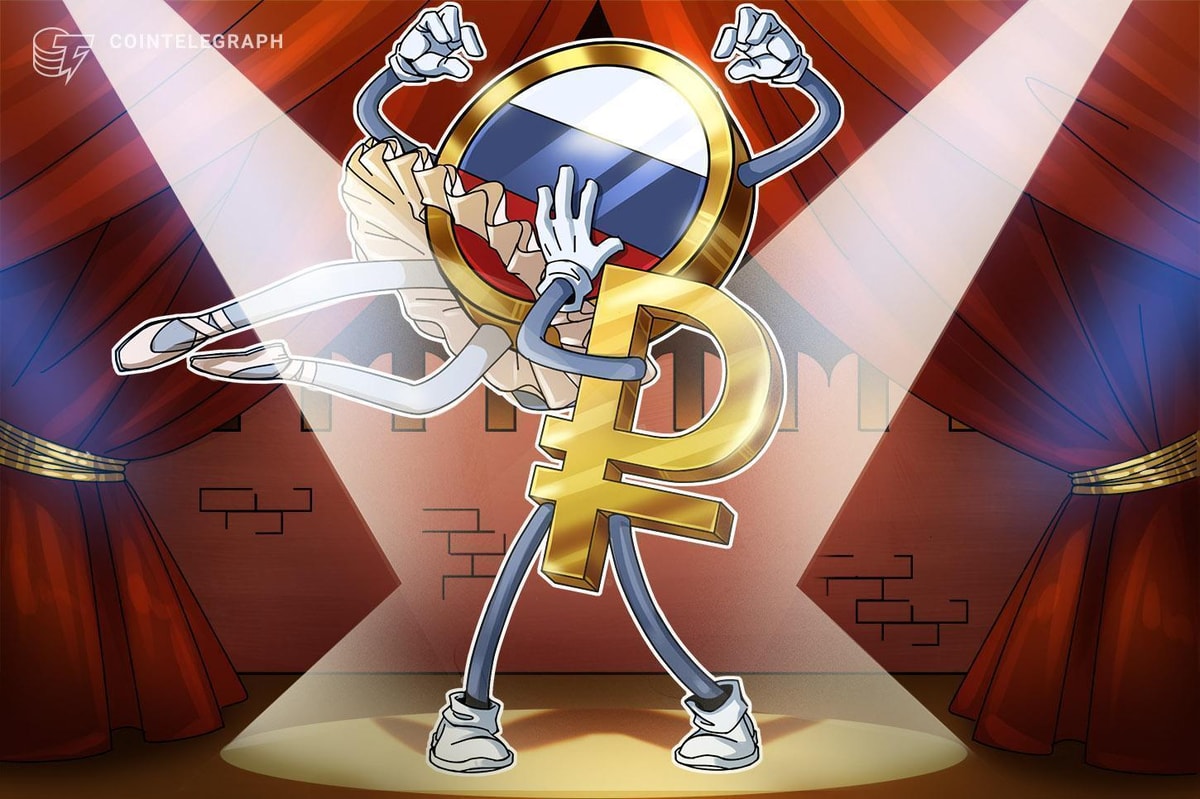In recent years, futures have started to play a pivotal role in the crypto markets. Yet if many of us were asked to explain what perpetual futures are, we'd break out into a cold sweat.
Andrew Weiner, VP of MEXC, is on hand to explain how crypto futures work, what they're used for, and provide some fascinating statistics about how large this market actually is.
1. Hello! First off… can you give us a basic definition of what crypto futures are?
So basically, a futures contract is an agreement to buy or sell a commodity, currency or another instrument at a predetermined price at a specified time in the future.
Unlike the traditional spot market, the trades are not "settled" in a futures market instantly. Instead, two counterparties will trade a contract that defines the settlement at a future date.
2. How have the crypto futures markets evolved over the past four years?
In terms of the product, user experience requirements for future products are getting higher. For example, perpetual futures have become mainstream futures products — and their functions need to meet more user needs in terms of leverage multiples, pricing and position opening. However, liquidity is the indicator that futures users are most concerned about, and it's a crucial factor that trading platforms are competing on.
In the past three years, the trading scale of futures contracts has shown explosive growth. The annual trading volume of perpetual futures in 2021 reached $57 trillion — an increase of 358% compared with the trading volume of all derivatives in 2020. The trading volume of spots at that time was $49 trillion. Futures trading volume remained steady at $1 trillion in Q2 this year, surpassing spot trading.
3. Why are futures products necessary?
Futures products are crucial in the financial market. There are three main utilities of this product.
They were mainly invented for hedging and risk management. Another advantage includes short exposure, as traders can bet against an asset's performance even if they don't have direct exposure to it. Leverage is another utility, as traders can enter into positions that are larger than their account balance.
4. Can you explain, in a simple way, how perpetual futures work?
Perpetual futures are a special type of futures contract.
Unlike the traditional form of futures, they don't have an expiry date, meaning traders can hold a position for as long as they like.
Other than that, they are traded based on an underlying index price. This consists of the average price of an asset, according to major spot markets and their relative trading volume.
Thus, unlike conventional futures, perpetual futures are often traded at a price that's very similar to spot markets. However, during extreme market conditions, the marked price may deviate from the spot market price.
Liquidity is crucial for any financial market, and it refers to how quickly and efficiently you can buy or sell an asset without affecting its price. A market with higher liquidity levels makes it easier for buyers and sellers to find other traders and make transactions at the prices they prefer. Conversely, lower liquidity might make it hard to complete transactions, thus increasing the bid-ask spread.
5. Some in crypto say product managers, not users should define products. What do you think about this?
At MEXC, users have always defined the product, which is our style. Before every major upgrade of our products, we collect and rely on user suggestions for optimization. The principle of "customer first, service first" is also reflected in our products — and we are a market leader in terms of liquidity. Let's take BTC/USDT futures as an example. Within five basis points of the mid-price, MEXC offers liquidity of about $100 million.
6. Why is it important for crypto trading platforms to be user friendly — and how does MEXC achieve this?
It's crucial. In terms of service, we have a 24/7 customer support team manned by people who can respond to users in as little as 30 seconds.
We also have angels and staff in the community — covering more than 20 countries and regions with different languages.
In terms of crypto listings, we are keen on market insights and agile in action to maintain our one-stop trading and service capabilities for spot, futures, margin and ETF trades.
At the same time, we are a platform that insists on independent research and development. Our core team has professional financial product logic and prioritizes technical security.
We upgrade our key trading system every six months to improve the trading engine's matching efficiency, ensure security and stability, and continuously optimize trading depth.
7. What are the things to remember about futures trading?
First of all, when choosing futures trading, you must choose a good trading platform. The criteria are good liquidity and a safe and stable trading system.
Good liquidity can reduce transaction costs and avoid the candlestick pattern of pin bars in unexpected market conditions.
The multi-layer and multi-cluster system architecture independently developed by MEXC ensures that users can trade in a safe and stable environment.
When it comes to trading techniques, you should use scientific position management and trade cautiously in extreme market conditions when prices are skyrocketing and plummeting.
8. Some people in the crypto world say that product managers, not users, should define products. What do you think about this?
At MEXC, users have always defined the product, which is our style. Before every major release, we collect and refer to user suggestions for platform optimization. The principle of "customer service first" is also reflected in the products.
9. There are a lot of crypto trading platforms out there. What makes MEXC different, what are the advantages on offer?
We provide users with an all-in-one destination where they can trade the world's most popular assets.
We thrive on feedback — and when users learn about new and popular projects in the market, their first instinct is to check MEXC to find them.
MEXC is a market leader when it comes to liquidity across spot, leveraged ETFs and futures — and our users experience the benefits of this every day.
Our user-centered approach, agile response to the market, fast execution and seasoned financial product logic — plus a top security team — collectively deliver an unforgettable experience.












